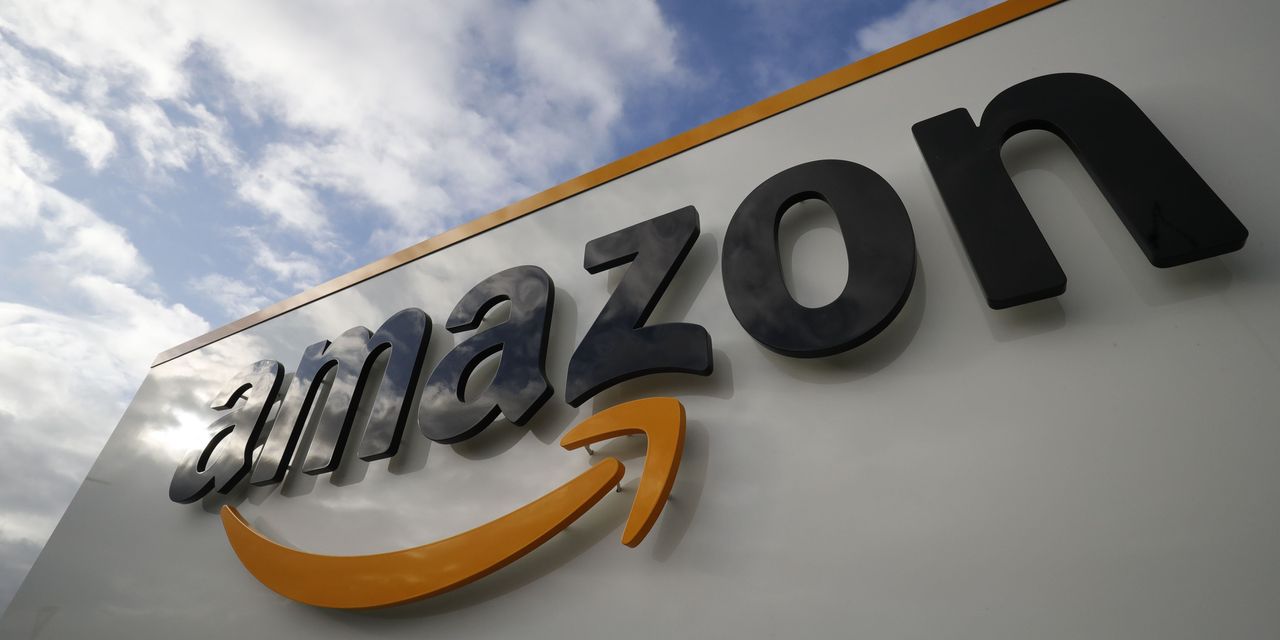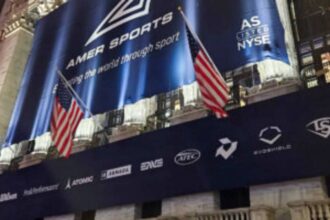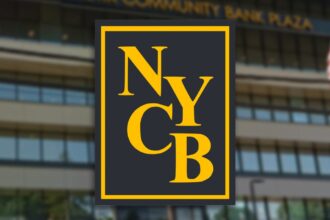As the Justice Department and and Alphabet Inc.’s Google trade legal haymakers in federal court this month, at least one more heavyweight antitrust clash between the federal regulators and a tech titan is on the near horizon.
Amazon.com Inc.
AMZN,
and the Federal Trade Commission are headed for a showdown later this month. The filing of FTC’s long-rumored antitrust lawsuit could be just days away after Amazon did not reach an agreement on concessions with the agency, according to the Wall Street Journal. But FTC officials did not tell Amazon what it has done wrong and declined to meet face to face, making an agreement impossible, a source familiar with the talks told MarketWatch.
The lawsuit is likely to target key elements of Amazon’s retail-marketplace business, including Fulfillment by Amazon, its logistics program; its Prime subscription service; and pricing by third-party sellers on its website. The agency will suggest “structural remedies” that could break up the company.
Indeed, antitrust season could be in full bloom this fall and next year. Despite a series of high-profile congressional hearings, federal lawmakers have not passed meaningful tech legislation in the four years since the Trump administration announced a crackdown on Big Tech.
Rumors continue to percolate that the Justice Department may pursue a case against Apple Inc.
AAPL,
and its app-store policies. In early September, Alphabet said it had reached a settlement in a long-running antitrust case with a coalition of 36 states and Washington, D.C., led by Utah, which claimed the company ran its app store as an illegal monopoly. Yet another case around Google’s
GOOG,
GOOGL,
ad business is slated for spring 2024.
Read more: Feds target four of the biggest tech companies in U.S., and their stocks are getting slammed
For years, the FTC has been scrutinizing whether Amazon favors its own products over those of competitors on its digital platforms. The FTC also has studied the Amazon Prime subscription service’s bundling practices.
Previously, the agency pursued two actions against Amazon, but this month’s expected suit is a landmark case for FTC Chair Lina Khan and the Biden administration. Khan famously argued in an academic paper published in 2017 that Amazon had amassed too much market power and that U.S. antitrust law had failed to restrain it, and her career was launched in great part on her opposition to some of Amazon’s business practices.
“It is significant, but not necessarily a make-or-break case” for Khan and the FTC, antitrust attorney Abiel Garcia said in an interview. “The courts can only do so much. They will eventually need legislation” to strengthen and update antitrust law in the digital age.
In prior actions to block acquisitions by Facebook parent Meta Platforms Inc.
META,
and by Microsoft Corp.
MSFT,
the agency expressed its concerns about the outsize influence of a handful of tech companies on digital marketplaces. In both cases, the FTC was unsuccessful in blocking the deals.
So far, anticompetitive actions against Amazon and Big Tech have proven to be frustrating exercises for federal regulators. Shackled by antiquated antitrust law that predates the digital economy by decades, regulators have had difficulties demonstrating that consumers have been harmed. This has prompted a pivot from consumer welfare to competition within markets.
In fact, Amazon Prime bundles have proved to be wildly popular among consumers for their perks and cost savings, leading Walmart Inc.
WMT,
and Target Corp.
TGT,
to create similar services.
“The complaint raises real concerns about how the FTC has shifted its focus from consumer welfare,” Paul Lekas, who leads global public policy at the Software & Information Industry Association, said in an interview. The association’s 450 paying members include Amazon, Apple, Google and Meta, along with small businesses.
Read the full article here










